
PM KP Sharma Oli Urges Bold Regional Action at BIMSTEC Summit: Calls for Prosperity, Resilience & Openness
Nepal’s Prime Minister KP Sharma Oli delivered a powerful and wide-ranging address at the Sixth BIMSTEC Summit in Bangkok on Thursday, calling on member states to transform the Bay of Bengal region into a model of prosperity, resilience, and openness. His speech outlined a clear and urgent roadmap for regional cooperation amid global uncertainty, climate threats, and economic fragmentation.
At the outset, PM Oli extended heartfelt condolences to Thailand and Myanmar for the recent earthquakes, expressing Nepal’s solidarity during their time of grief. He also thanked Thai Prime Minister Paetongtarn Shinawatra for her leadership and hospitality and welcomed Bangladesh as the incoming Chair of BIMSTEC.
Drawing attention to the Summit’s theme — “Prosperous, Resilient and Open BIMSTEC” — PM Oli emphasized that it must go beyond a slogan and serve as a “call to action” for the 1.8 billion people across South and Southeast Asia.
“While our region is experiencing remarkable growth, a significant portion of our population continues to grapple with poverty,” he said. “Prosperity, therefore, is not optional — it is an obligation.”
He noted that the BIMSTEC region is endowed with rich natural resources, diverse cultures, and a youthful workforce. To unlock this potential, he advocated for strategic and sustainable harnessing of resources, investment in human capital, and robust infrastructure development.
PM Oli particularly stressed the need to enhance regional connectivity — not just physical, but also digital, cultural, and economic. “Connectivity of markets as well as minds, infrastructures as well as ideas, culture as well as cyber — all of these are the backbone of growth,” he said.
He called for swift implementation of key initiatives, including the BIMSTEC Master Plan for Transport Connectivity and the newly signed Agreement on Maritime Transport Cooperation, saying these will play a transformative role in linking the region’s economies and people.
Highlighting that intra-regional trade in BIMSTEC remains at a mere 5%, PM Oli said the region is one of the least integrated globally. “This must change. Building an integrated Bay of Bengal region is not a choice, it’s a necessity.”
He proposed that member states with smaller or less developed economies be given preferential support to ensure equitable participation in the region’s growth and prosperity.
Turning to global risks, PM Oli warned of a world beset by “ecological, economic, and political uncertainties” — from climate change and pandemics to technological disruptions and trade conflicts. “In such a world of ‘black swans’, resilience is our road to robustness,” he said.
Citing Nepal’s Himalayan ecosystem as a critical resource under threat, PM Oli called for decisive regional climate action. “Our high Himalayas serve as Asia’s water towers and cooling stations. Yet they are suffering a disproportionate assault despite our negligible emissions,” he said.
He invited BIMSTEC leaders to the Sagarmatha Sambaad in May, a high-level dialogue initiated by Nepal to spotlight mountain vulnerabilities and mountain-ocean interlinkages.
He also called for regional cooperation in renewable energy, cross-border power grids, and public health resilience, urging member states to adopt “whole-of-region” approaches to disaster preparedness, sustainable development, and inclusive growth.
On the importance of openness, PM Oli said democratic values, cultural inclusivity, and people-to-people contact must form the bedrock of BIMSTEC’s future. He proposed a visa-on-arrival policy within the bloc, enhanced educational and cultural exchanges, and deeper digital integration to promote cross-border e-commerce, innovation, and research.
He emphasized the need for shared research and development to tackle joint challenges — from food security to economic transformation — and called for BIMSTEC to prioritize people-centric development frameworks aligned with the Sustainable Development Goals (SDGs).
Welcoming the adoption of the BIMSTEC Bangkok Vision 2030, PM Oli said it provides a vital blueprint for a stronger, more integrated region. He reaffirmed Nepal’s commitment to the BIMSTEC Charter and its active leadership of the People-to-People Contact sector.
“As we stand at a historic crossroads, let us reaffirm our unwavering commitment to transforming the Bay of Bengal into a prosperous, resilient, and open region,” he said.
He concluded by quoting Lord Buddha, “However many holy words you read, however many you speak, what good will they do you if you do not act upon them?”
“Let us act on our words. Let us build a BIMSTEC that delivers – for our people and for generations to come.”
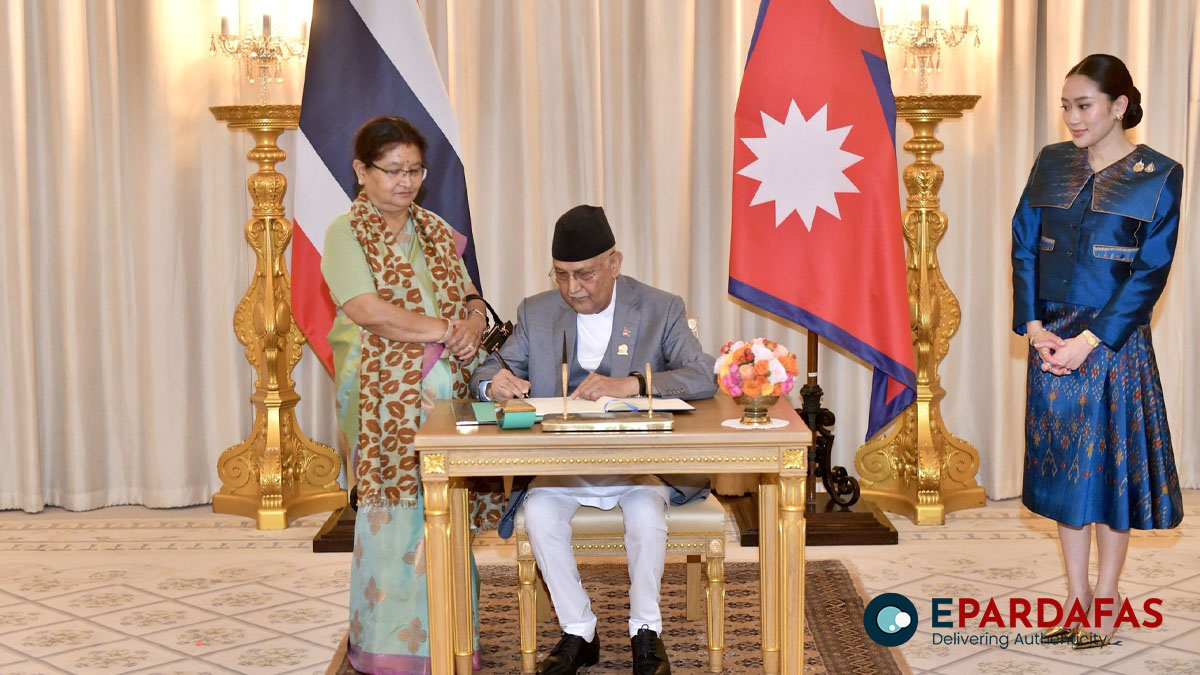
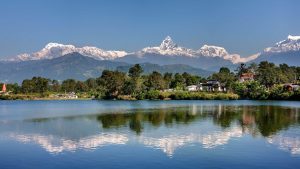
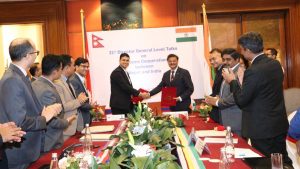
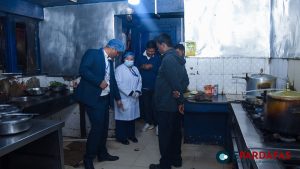
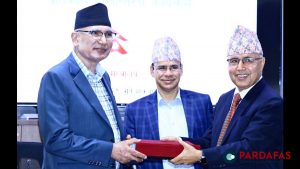

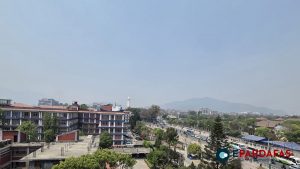

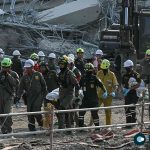




Comments